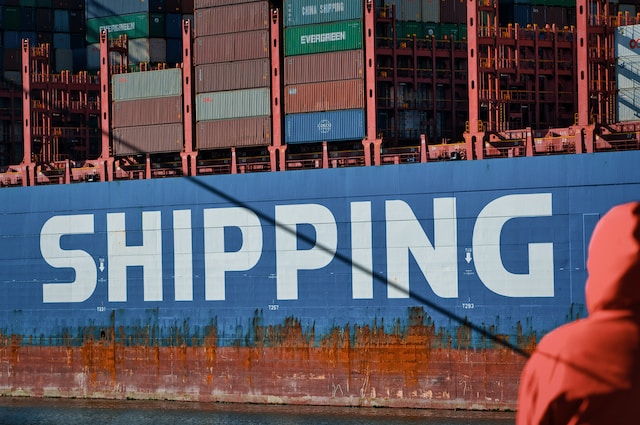A pre-shipment inspection certificate (PSIC) is a document issued by an independent third-party inspection agency (TPIA) to certify that the goods included in a shipment meet specified quality standards and other applicable requirements. The PSIC is typically issued after the goods have been inspected at the seller’s premises, but before they are loaded onto the vessel for shipment.
PSICs can be used for a variety of purposes, including:
- To ensure that the goods meet the buyer’s requirements, as set out in the sales contract.
- To comply with government regulations in the importing country.
- To reduce the risk of disputes and rejections.
- To facilitate customs clearance and speed up the delivery of goods.
PSICs are typically required for shipments of goods to developing countries, where governments may have concerns about the quality and safety of imported goods. PSICs may also be required for shipments of certain types of goods, such as food, pharmaceuticals, and medical devices.
The contents of a PSIC vary depending on the specific requirements of the buyer and the importing country. However, most PSICs will include the following information:
- A description of the goods being inspected
- The number of goods inspected
- The inspection results, including any defects or non-conformities found
- A statement of compliance with the buyer’s requirements and/or government regulations
PSICs can be issued by a variety of different TPIs, both private and government-owned. It is important to choose a TPIA that is reputable and accredited by an internationally recognized accreditation body.
Here are some of the benefits of having a pre-shipment inspection certificate:
- For buyers, PSICs can provide assurance that the goods they are receiving meet their requirements and are of good quality.
- For sellers, PSICs can help to reduce the risk of disputes & rejections and can facilitate customs clearance and speed up the delivery of goods.
- For governments, PSICs can help to ensure that imported goods meet safety and quality standards, and can also be used to prevent fraud and tax evasion.
Overall, pre-shipment inspection certificates are an important tool for trade and can help to protect the interests of all parties involved.
There is no single pre-shipment inspection certification license that is valid in all countries. However, there are a number of organizations that offer accreditation to pre-shipment inspection agencies (PSIAs). The most widely recognized accreditation bodies are:
- International Accreditation Forum (IAF)
- International Organization for Standardization (ISO)
- American National Accreditation Board (ANAB)
To get a pre-shipment inspection certification license, you will need to:
- Choose an accreditation body and apply for accreditation.
- Meet the accreditation body’s requirements for PSIAs. This may include having qualified personnel, adequate facilities, and a quality management system.
- Undergo an audit by the accreditation body.
- Pay the accreditation fee.
Once you have been accredited, you will be able to issue pre-shipment inspection certificates to your clients.
Here are some additional steps you can take to get a pre-shipment inspection certification license:
- Research the requirements of the country where you plan to operate. Some countries have specific requirements for PSIAs.
- Contact other PSIAs for advice and guidance.
- Attend industry events and workshops to learn more about pre-shipment inspection and accreditation.
Here are some of the benefits of having a pre-shipment inspection certification license:
- Increased credibility and trust with potential clients.
- Access to a wider range of clients.
- Ability to charge higher fees.
- Improved quality of services.
Please note that the process of getting a pre-shipment inspection certification license can be complex and time-consuming. It is important to do your research and choose an accreditation body that is reputable and recognized in the countries where you plan to operate.



